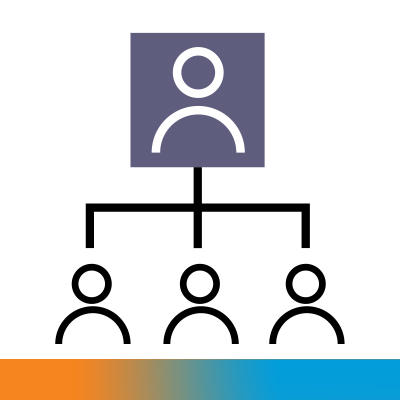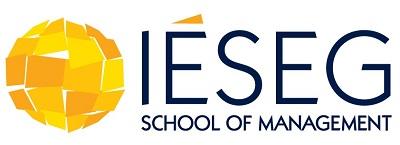France
Ethics at Work Index: 79.2
Compared to 2018, employees’ views of ethics at work in France have improved in many respects. They are more likely to think that honesty is practised in the workplace, they are less likely to be aware of misconduct and to feel pressured to compromise their organisation’s standards of behaviour.
However, there are several issues that still need addressing. Although more common than in the past, the provision of the elements of an ethics programme is still less common than in other countries and employees have mixed views on their line manager’s commitment to ethics, as well as on the ability of their organisation of engaging effectively with internal and external stakeholders. French employees are also the most likely to experience retaliation after raising concerns about ethics. Looking ahead, automated machines or AI replacing humans in the workplace is the issue that French employees are more likely to be concerned about.






